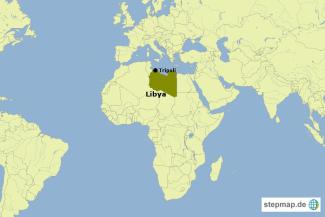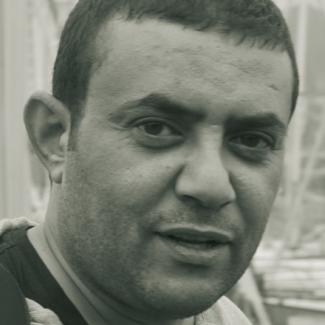Media
Hate speech leads to violence

“When I browse the social media on the internet or watch TV, I’m confused, because in the end I feel that I can’t trust any of them,” says 24-year-old Majd Ghanud, a young Libyan journalist.
In the on-going civil war, with the country split in two, media is used to mislead people for the interest of a certain side of conflict. “In a tribalised and fragmented society like Libya every party publishes fake news,” claims a blogger from the town of Ras Lanuf, who prefers to stay anonymous.
Even well-known international journalists have made this experience: British correspondent Alex Crawford recently covered the armed clashes in Tripoli for the TV channel Sky News. The Libyan online newspaper al-Marsad translated her report to Arabic but twisted its meaning for the interest of a certain side in this conflict.
“My piece was rewritten; parts were omitted and the contents subtly changed to infer something quite different,” Crawford complains. “My originally balanced report which detailed the chaos of battle on the edges of Tripoli was made instead to seem like a cheerleading call for Khalifa Heftar and his forces.”
Crawford puts out a clear warning regarding Libyan media: “There are fake websites; there are twitter trolls and worse still, there are heavily prejudiced TV channels, newspapers, or so-called analysts and commentators masquerading as journalists. They all have one purpose in mind: to push their own agenda; their own particular propaganda. And there’s no dirty trick they won’t use,” she explains.
The Libyan Bloggers Network also notes the growing hate speech on local social-media platforms. The opposing forces call each other “war criminals”, “invaders” or “terrorists”. According to the blogger network, “the terrible incitement” by large number of bloggers threatens the social texture of Libyan society and might “lead to dangerous results”. The network tries to curb this as much as possible.
“We have an observation unit that follows up on all accounts which incite the public with hate speech und circulate false news,” says Mohamed Bawendi, a member of the network. “We gather evidence about these anonymous accounts and report this to the Facebook administration,” he adds.
However, according to Tripoli lawyer Maren Barouni, there are “no laws with regard to electronic media”. She maintains that it is “impossible” to sue somebody in Libya for circulating online hate speech.
Moutaz Ali is a journalist and lives in Tripoli, Libya.
ali.moutaz77@gmail.com










